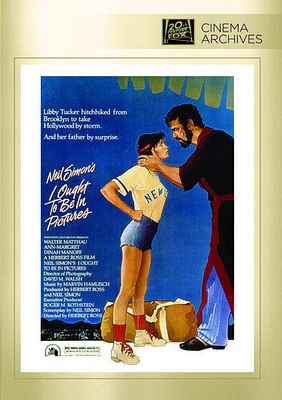Home
The Origin of Oughtness: A Case for Metaethical Conativism
Loading Inventory...
Barnes and Noble
The Origin of Oughtness: A Case for Metaethical Conativism
Current price: $144.99


Barnes and Noble
The Origin of Oughtness: A Case for Metaethical Conativism
Current price: $144.99
Loading Inventory...
Size: Hardcover
*Product Information may vary - to confirm product availability, pricing, and additional information please contact Barnes and Noble
How come we ought to do things? Current metanormative debates often suffer from the fact that authors implicitly use adequacy conditions not shared by their opponents. This leads to an unsatisfying dialectical gridlock (Chang): One author accuses her opponents of not being able to account for stuff she judges essential, but the opponents do not think this to be a major flaw. In an attempt to meet the problem of gridlock head-on, the current investigation approaches oughtness differently.
I start with the introduction of a grounding framework for thinking about oughtness that allows a lucid presentation of the views on the market. It soon becomes clear that one necessary part of any plausible assessment of accounts of oughtness is a discussion of their adequacy conditions. I continue with a detailed evaluation of four different accounts, as presented by Halbig (2007), Schroeder (2007), Stemmer (2006), and Scanlon (2014). My main result is that desire-based or Humean theories of oughtness are more plausible because desire-independent accounts fail to explain something crucial: the for-me character of oughtness. Based on the insights gathered thus far, I then develop a new Humean theory – metaethical conativism – and defend it against some historically influential objections.
I start with the introduction of a grounding framework for thinking about oughtness that allows a lucid presentation of the views on the market. It soon becomes clear that one necessary part of any plausible assessment of accounts of oughtness is a discussion of their adequacy conditions. I continue with a detailed evaluation of four different accounts, as presented by Halbig (2007), Schroeder (2007), Stemmer (2006), and Scanlon (2014). My main result is that desire-based or Humean theories of oughtness are more plausible because desire-independent accounts fail to explain something crucial: the for-me character of oughtness. Based on the insights gathered thus far, I then develop a new Humean theory – metaethical conativism – and defend it against some historically influential objections.

















